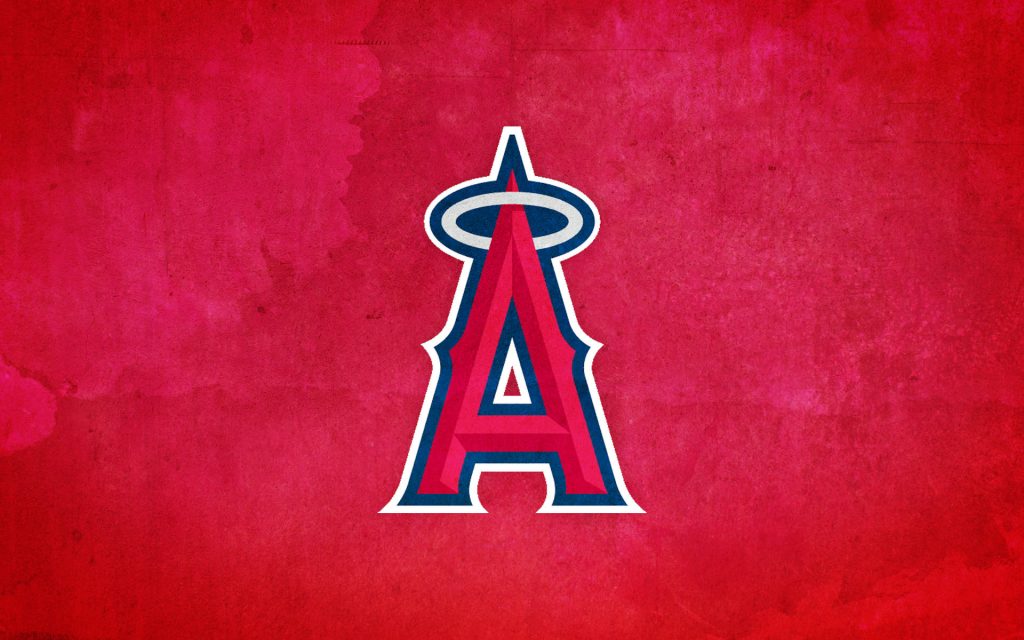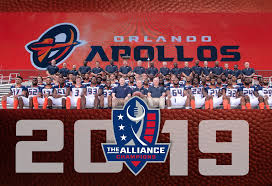History of the Los Angeles Angels

Los Angeles Angels
The Los Angeles Angels are a Major League Baseball team based in Anaheim, California. Established in 1961, they have become synonymous with the spirit of Southern California, embodying the vibrant culture and immense diversity of the region. The franchise has made its mark in the baseball KUBET world through a combination of exhilarating talent, intense rivalries, and an unwavering fan base, all while contributing to the rich tapestry of sports history in Los Angeles.
In this article, we will delve deep into the fascinating journey of the Los Angeles Angels, exploring their history, player development, iconic moments, and the challenges they face within the competitive landscape of Major League Baseball. Through each section, we aim to highlight the essence of this franchise and its significance in both the local community and the sport as a whole.
History of the Los Angeles Angels
The history of the Los Angeles Angels is interwoven with the evolution of baseball itself in California. From its inception to the present day, the franchise’s journey is filled with triumphs, tribulations, and transformative moments that have shaped not only the team but also the culture surrounding the sport in this part of the world.
Formation and Early Years
The team was founded in 1961 by Gene Autry, a famous actor and singer who sought to bring Major League Baseball to Los Angeles. Initially, the franchise struggled to find its footing in a city dominated by the Los Angeles Dodgers, who had established themselves as a powerhouse since moving from Brooklyn to LA in 1958.
Despite these initial challenges, the Los Angeles Angels managed to capture the interest of local fans. Their early years were defined by a mix of promising talent and unfortunate missteps, culminating in their first taste of success in the late 1960s when they finished fourth in the American League.
Gene Autry’s vision for the team extended beyond just winning games; he aimed to create an organization that resonated with the community. This foundational philosophy laid the groundwork for the team’s eventual rise and helped forge a special connection between the Angels and their fans.
Transition and Growth
As the 1970s rolled in, the Los Angeles Angels began to establish themselves as a competitive force. The acquisition of star players like Nolan Ryan marked a turning point for the franchise. Ryan became one of the most dominant pitchers in the league, earning multiple strikeout records during his tenure with the Angels.
This era saw the Angels gradually build a reputation for developing young talent, leading to their participation in postseason play in the late ’70s. However, despite their competitive spirit, the franchise struggled to secure playoff victories, which led to frustration among fans hoping for a championship.
In 1986, a pivotal year for the Angels, the team reached the World Series for the first time in its history. Although they fell short against the New York Mets in a dramatic series that went seven games, the experience solidified the team’s presence in the baseball landscape and left an indelible mark on the hearts of Angels fans.
Struggles and Resurgence
Throughout the 1990s and early 2000s, the Los Angeles Angels faced numerous ups and downs. Franchise instability, coupled with inconsistent performance, tested the loyalty of their fans. Yet, amid these challenges, the organization focused on rebuilding and nurturing young talent, a strategy that would pay off in remarkable ways.
The arrival of new ownership in the early 2000s marked a significant shift in the direction of the franchise. With a renewed commitment to excellence, the Angels secured key acquisitions that enhanced their roster. In 2002, under manager Mike Scioscia, the team achieved its most significant accomplishment: winning the World Series title.




